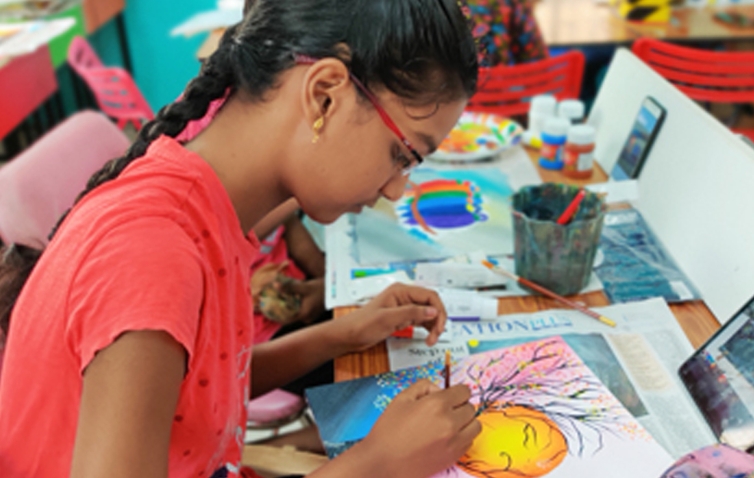easy drawings to draw
Drawing can seem intimidating, but with a little practice and some guidance, anyone can create beautiful artwork. Here are five simple and easy drawings that anyone can master: 1. Basic Shapes Start by mastering the basics of drawing by practicing simple shapes like circles, squares, triangles, and rectangles. These shapes are the building blocks of […]
easy drawings to draw Read More »










